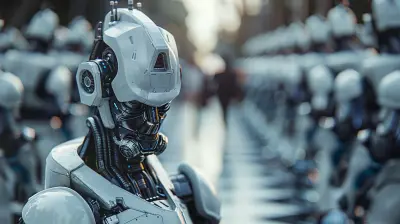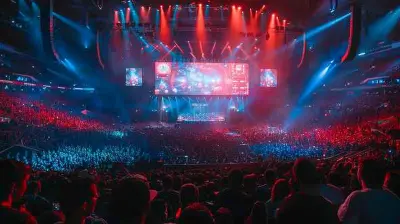How Limited-Time Rewards Shape Player Behavior
1 November 2025
Ever found yourself diving into a game at 2 a.m., eyes glued to the screen, heart racing—not because of the gameplay tension, but because there’s a shiny reward that’s disappearing in 7 hours and 42 minutes? Yeah, you're not alone. Limited-time rewards in games are like digital sirens luring players with the promise of exclusive gear, rare loot, or flashy skins—only if you act fast enough. But what kind of spell are these time-sensitive treats really casting on us?
Pull up a chair (or a controller), because we’re about to get deep, poetic, and maybe even a little philosophical about how limited-time rewards shape player behavior.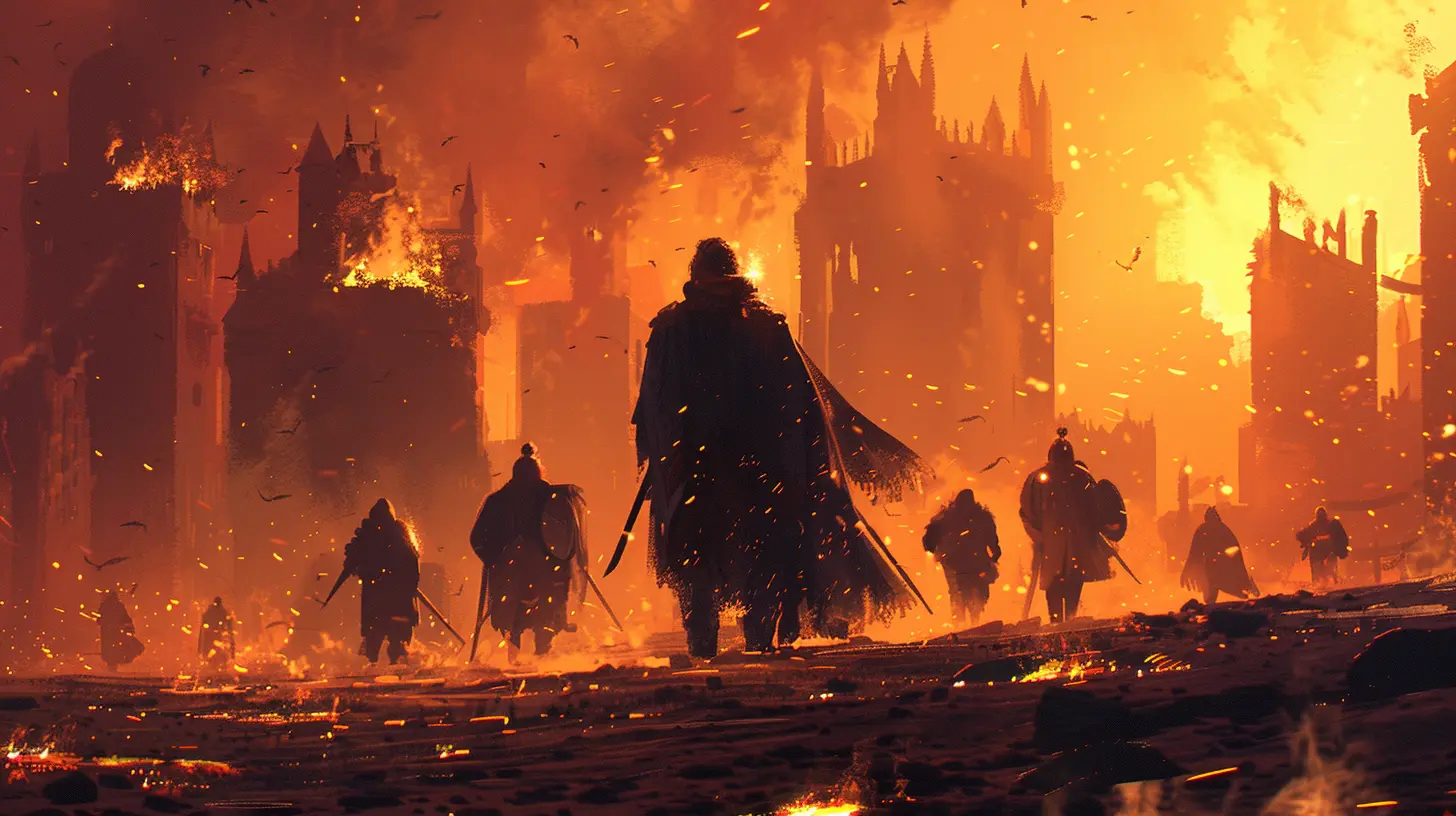
The Allure of the Fleeting: Why Time Limits Hook Us
Let’s get one thing straight—humans hate missing out. And game developers? Oh, they know this better than anyone. When a game flashes a countdown timer above a reward, it's not just ticking away time—it's ticking into your psychology.Limited-time offers are the digital equivalent of the ice cream truck rolling down your street on a scorching day. You don’t know when it’ll be back. Maybe never.
And that’s exactly what makes it irresistible.
FOMO: The Mastermind Behind The Mechanics
Ever heard of FOMO? Fear of Missing Out. It's not just an Instagram-era buzzword—it’s a psychological powerhouse. Game designers dial it up to eleven with:- Seasonal events
- Battle pass exclusives
- Time-limited challenges
- Special holiday rewards
These rewards whisper to you... “You’ll regret it if you let this go.” And more often than not, we listen.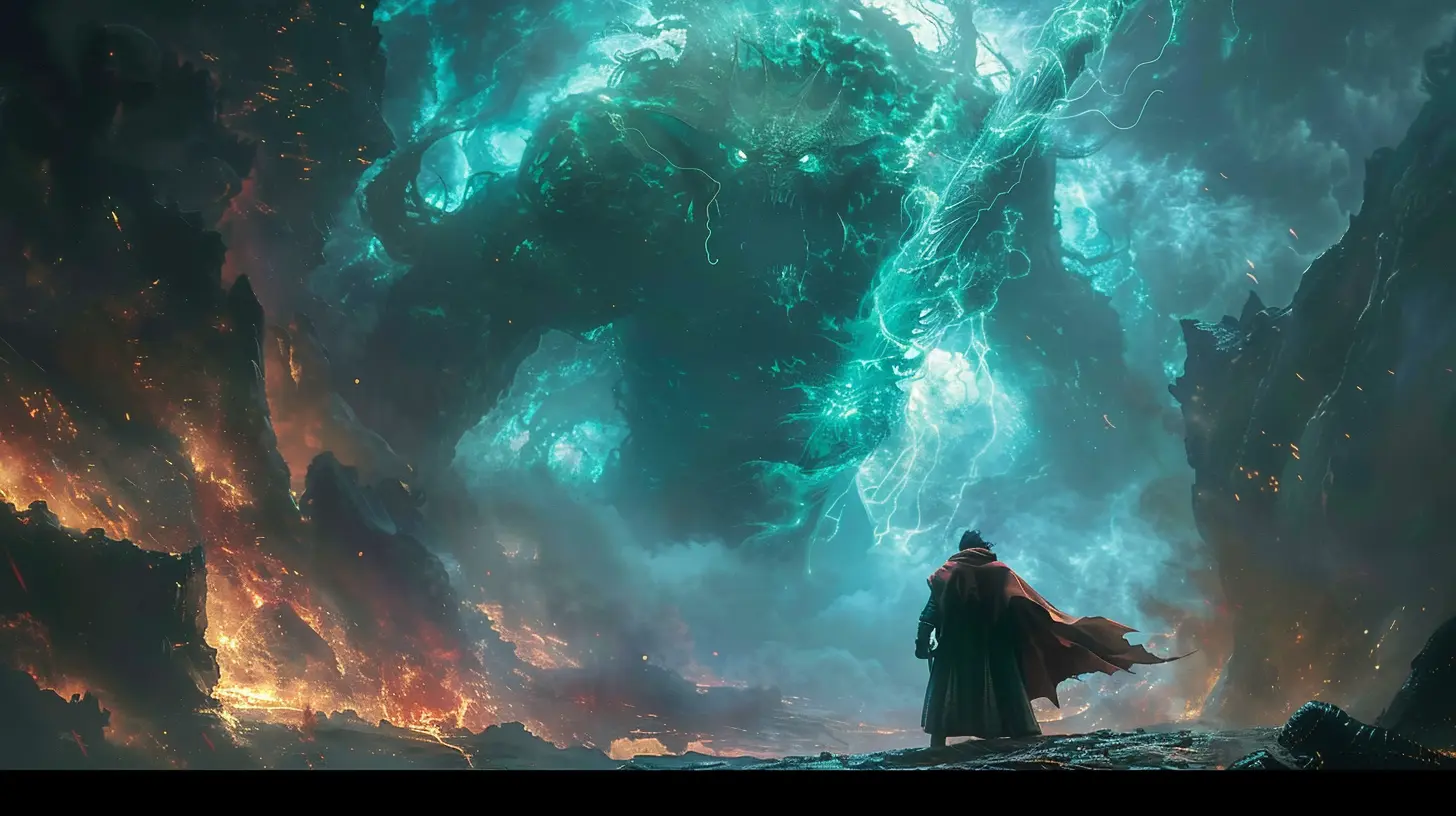
Scarcity Breeds Value: The Economics of Exclusivity
In the real world, diamonds are pricey not just for their sparkle—but because they’re rare. Game economies work the same way. Make something limited, and suddenly everyone wants it.When devs drop a skin you can only get for two weeks? That thing becomes sacred. Players wear it like a badge of honor. It says, “I was there. I did the thing.” It becomes part of their in-game identity.
Digital Swagger and Worth Beyond Stats
Funny thing is, most of these exclusive rewards don’t affect gameplay. They’re purely cosmetic. But in gaming, style is a power stat of its own. Think about it—don’t we all want to stand out in a crowd?Limited-time rewards are like vintage band tees at a concert. You’re not just playing the game—you’re flexing your loyalty, commitment, and maybe a little bit of obsession.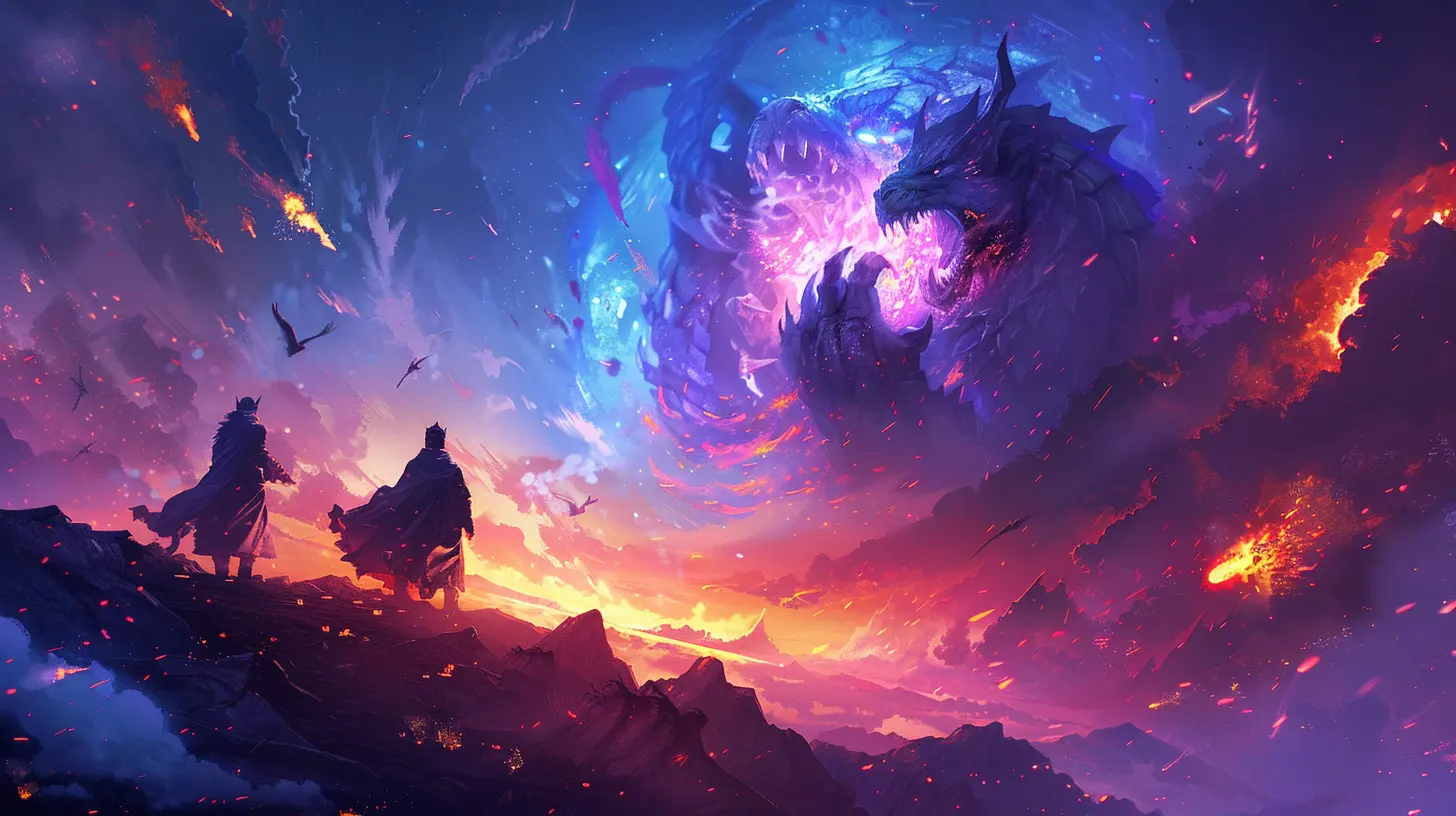
Behavioral Loops and Incentive Psychology
Let’s talk about the science of why you’re waking up early on a Saturday to grind through a festive event.Games use what psychologists call “operant conditioning.” It's the same thing that trains dogs... and humans. You do something, you get a reward. But with a twist: limited-time rewards make that response urgent.
The Pressure Cooker of Time
Routine rewards say, “Come back when you can.”Limited-time ones say, “Come back now... or else.”
This pressure changes how we play. You’re not just logging in for fun—you’re logging in to not miss something critical. That shifts your behavior from leisurely to determined.
It also affects how long we play. Where a normal session might last 30 minutes, you could easily stretch into hours when you're chasing a limited reward. And if you come up short? You feel robbed—even if it’s just a cosmetic.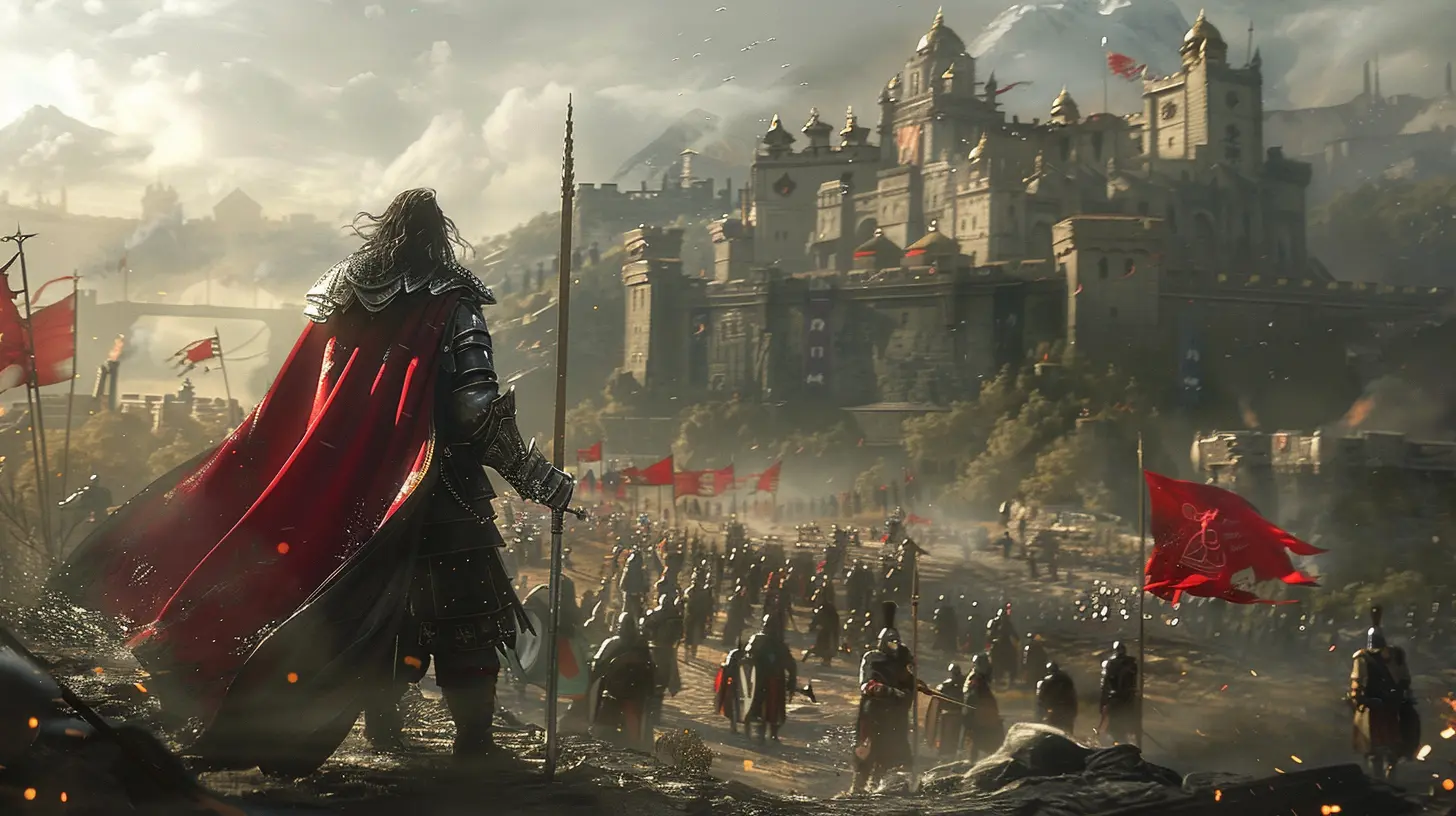
Emotional Attachment to Limited-Time Content
Let’s get real—games are emotional experiences. And the content we had to fight for, grind through, and sacrifice sleep over... well, it stays with us.Nostalgia Meets Achievements
Remember that rare winter-themed emote from 2018? Yeah, the one with snowball fights and sleigh bells? You probably smile just thinking about it. Why? Because you didn’t just unlock it. You earned it.The rush of overcoming time constraints, the thrill of winning against the clock—it gives these rewards emotional weight. They’re souvenirs of your dedication.
And more than that, they act like digital time capsules.
Community Dynamics: The Social Pressure of the Clock
Gaming’s not a solo gig anymore. Multiplayer, co-op, shared-world experiences—they’ve made it a joint adventure. And when everyone is chasing the same carrot on a stick? Oh boy, the peer pressure gets real.“Did You Get the New Skin?”
You log in, and your buddy’s rocking the new limited-edition armor. Before you can even say “cool,” you’re already calculating how long it'll take you to get it.In-game communities chatter about event drops, compare loot, brag about achievements. If you're not part of the excitement, you’re on the outside looking in.
The social fear of missing out might even be stronger than your personal one. Nobody wants to be the only one in the squad without the event-exclusive mount.
The Grind and Its Double-Edged Sword
Let’s not pretend it’s all sunshine and streamers. Sometimes, chasing these rewards feels less like a game and more like a second job.From Fun to Fatigue
Players have reported burnout from trying to keep up with limited-time events, especially in games that stack multiple challenges with tight deadlines. You didn’t want to miss out, but somewhere along the grind, it stopped being fun.And that's the dark side of these mechanics: they can turn loyal fans into exhausted players. If a reward asks too much, too fast, the joy disappears—replaced by stress.
Some devs have noticed this and started adding “second chance” events or re-release windows. But let’s be honest. It never hits the same as being there the first time.
The Business of Urgency: Why Game Studios Love Limited-Time Rewards
From a business perspective, these time-boxed offers are marketing gold. They boost player engagement, spike MAUs (monthly active users), and drive microtransaction sales like crazy.Needle Movers in the Metrics Game
Game devs track everything: login frequency, session length, item purchases. Limited-time rewards are the sugar spike that energize all those numbers.Players spend more (real money or in-game currency) during these events. Why buy a cosmetic later when it might not exist again?
For free-to-play games, limited-time content isn’t just a feature—it’s a financial lifeline. And for players, it’s the petrol that ignites unpredictable obsession.
When It Works (And When It Doesn’t)
Not all limited-time rewards are created equal. Some go down in gaming history (think Fortnite’s Thanos event or Destiny’s Festival of the Lost). Others fizzle out, leaving players annoyed at wasted effort.So what separates the magic from the mess?
Good Limited-Time Rewards:
- Have achievable goals within reason- Feel meaningful and unique
- Fit the game’s lore or theme
- Offer bragging rights without punishing new players
Bad Limited-Time Rewards:
- Are pure grinds without enjoyment- Disrupt balance or fairness
- Disappear forever with no notice
- Trigger player resentment and fatigue
Game design is an art that walks that fine line between motivation and manipulation. And limited-time rewards? They're the tightrope.
The Future of Limited-Time Rewards
As games evolve, so do the strategies behind them. We're seeing smarter systems now:- Rotating events
- Vault systems (store old rewards temporarily)
- Earnable legacy content through currency
- Player-chosen event paths
The industry is learning that keeping players satisfied long-term matters more than one week of frantic engagement.
But let’s be honest—some pressure will always be there. It’s too effective to vanish. The key is using it with care, not as a whip, but as an invitation.
Final Thoughts: Why We Keep Coming Back
Why do we risk sleep-deprivation, frustration, and sometimes even rage... all for a limited-time reward? Because there's something beautifully human about it. We chase meaning, milestones, and moments. And in a digital world, those can be dressed up as pixelated outfits or limited-edition pets.These rewards remind us that time is precious—even in a virtual world.
So next time you’re tempted by a countdown timer and a glowing chest of loot, remember: it’s not just a game mechanic. It’s a reflection of who we are, how we feel, and how even in pixels, we crave the ticking thrill of now-or-never.
all images in this post were generated using AI tools
Category:
Battle PassesAuthor:

Madeleine McCaffrey
Discussion
rate this article
1 comments
Jacob McDonald
Like a cat chasing a laser pointer, limited-time rewards keep us pouncing on goals—never catching, but always entertained!
November 7, 2025 at 6:15 PM

Madeleine McCaffrey
Thanks for your insightful comment! It perfectly captures how limited-time rewards create a cycle of engagement that keeps players motivated, even if the ultimate prize remains elusive.
